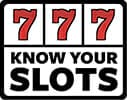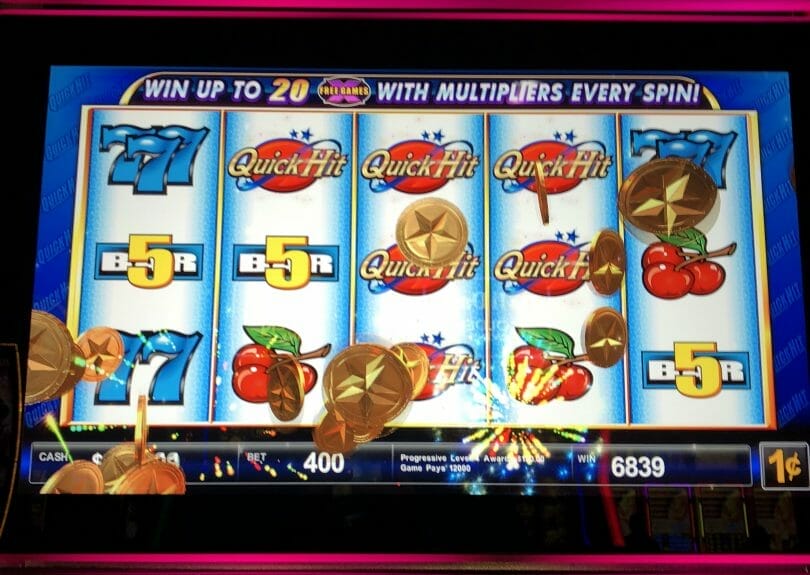When I talk with players about the casino players card programs, many times the topic of coin-in and coin-out come up. Many players see those words and think they have something to do with wins and losses, or how much physical cash they’re inserting into the machine, which is an understandable point of confusion.
As such, today’s post will define coin-in and coin-out and then discuss the difference between it and wins and losses.
Defining Coin-in and Coin-Out
Coin-in, simply speaking, is the total amount of bets made. Let’s say you pick a slot machine and bet $1 per spin and do 100 spins. Your total coin-in is $100. Coin-in is not a count of how much currency you’ve inserted into the machine, but instead a cumulative total of wagers made.
So when you look up coin-in on your reports with the casinos, it’s giving you a calculation of the total amount of wagers made.
Coin-out is its counterpart – it’s a cumulative accounting of how much you’ve been paid back on those wagers. Let’s use that same 100 spin example. Let’s say that in total you received $75 in line hits and a $20 bonus. That would be a total coin-out of $95, since your total pays for those wagers is that amount. Once again, it’s not what you cash out of the machine.
You can do those levels of coin-in and out with a $20 bill, since you don’t need to put a $100 bill into the machine to place $1 per spin wagers. You could win or lose throughout those 100 spins and cash out what’s left when you’re done. Or you could jump from machine to machine, putting in $20 and doing 10 spins on each, meaning technically you put more than $100 into a machine even though you didn’t wager more than $100.
But casinos care about the amount of your wagers and how much you got back from them, and that’s why coin-in and coin-out are the calculation of choice.
Win/Loss, for Comparison
Coin-in and coin-out is the raw data needed to calculate win/loss data. If you placed $100 in wagers and got $95 back, your loss is $5. So to you it might look like you put in a $20 bill and cashed out with $15, but to the casino it looks like $100 and $95 because the total wagers is an important part of the casino math.
You simply subtract the coin-in from the coin-out to find your total win/loss. Using the original example above:
$95 (coin-out)
-$100 (coin-in)
-$5 (loss)
I’ve talked about things like theoretical loss calculations, and Caesars’ preference for Average Daily Theoretical, and so actual win/loss is many times set aside in favor of theoretical loss for the calculations of things like offers – the casinos have faith that the long term hold expectation will win out, and short term wins and losses will even out in the long term.
Meanwhile, your total coin-in and coin-out will not only calculate your wins and losses, but it will also calculate your individual payback percentage for that property or company. That said, the higher your coin-in for a given visit, the better your offers will likely be because you’ll also have a higher theoretical loss calculation.
Your actual loss can come into play if it’s much higher than the expected theoretical loss. If you lose enough money and it’s a bad beat relative to the average, they might calculate an offer based on your actual loss vs. your theoretical loss. In other cases, casinos may use actual loss to calculate offers altogether, especially some smaller or locals casinos.









What about when you’re gambling with “free play”? Do they calculate that as coin in just the same as if you put in cash?
That’s a good question Chet – I’ll keep an eye out next time I’m using free play at a casino where the coin-in is posted in real time, and see whether that reflects in the coin-in.